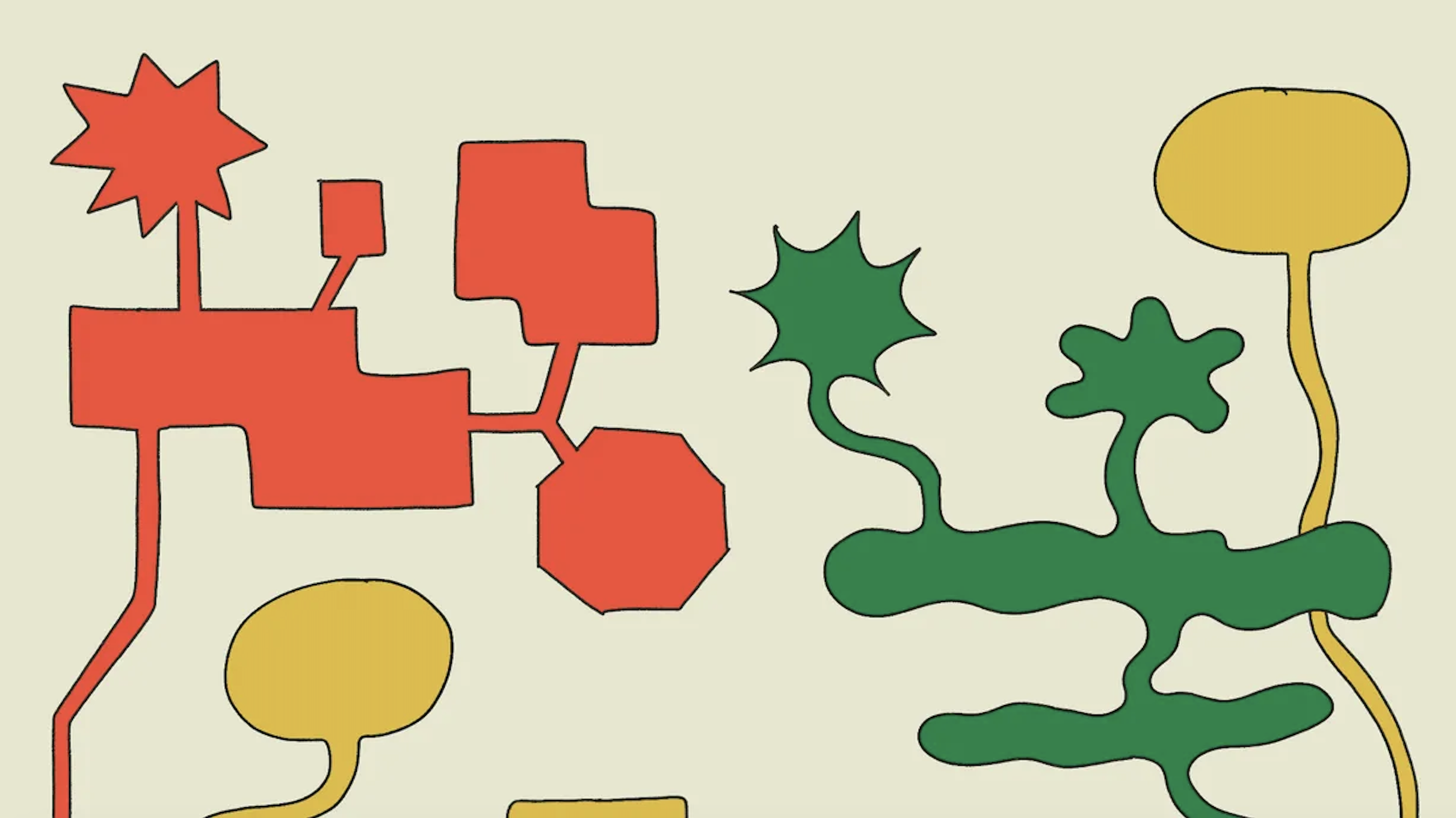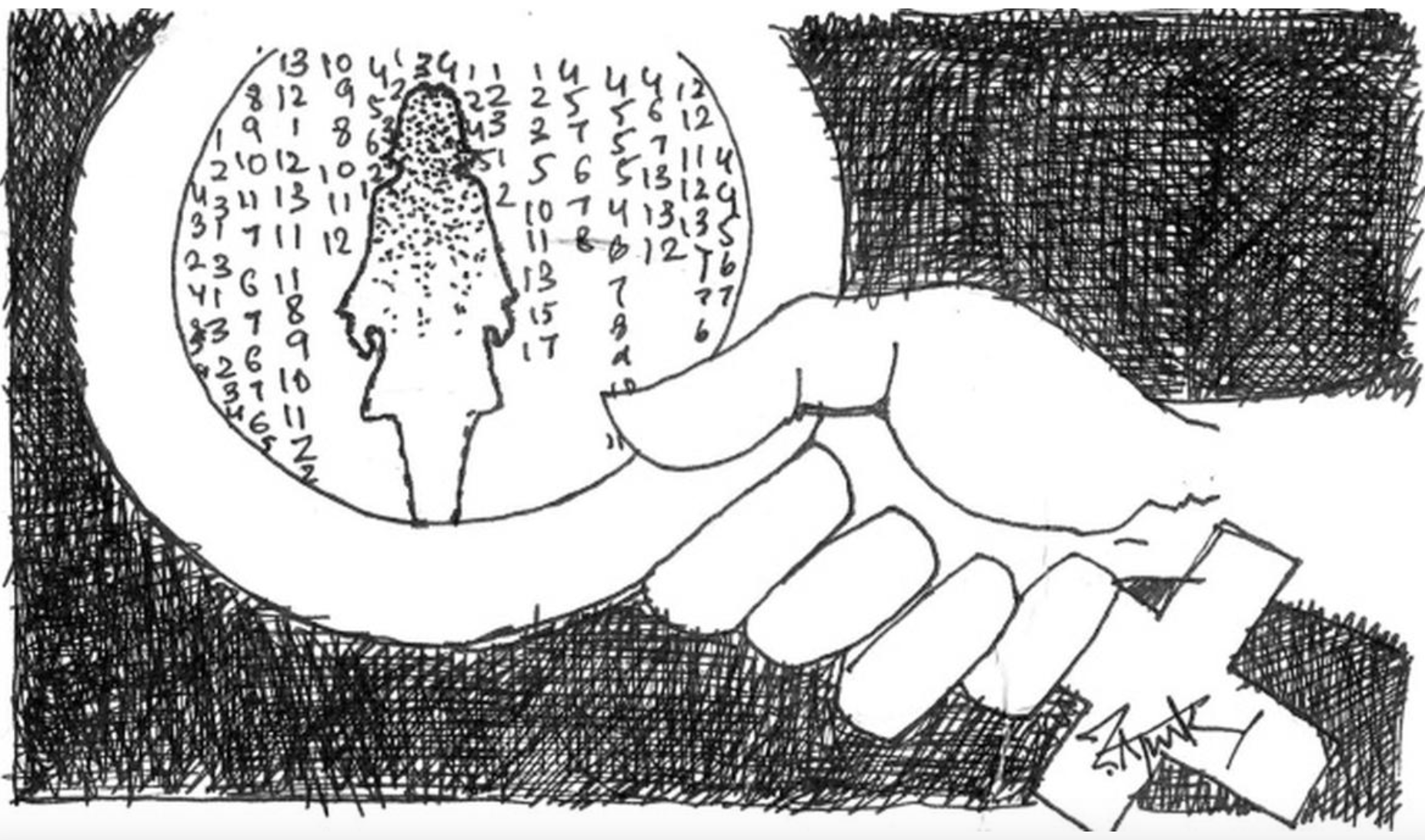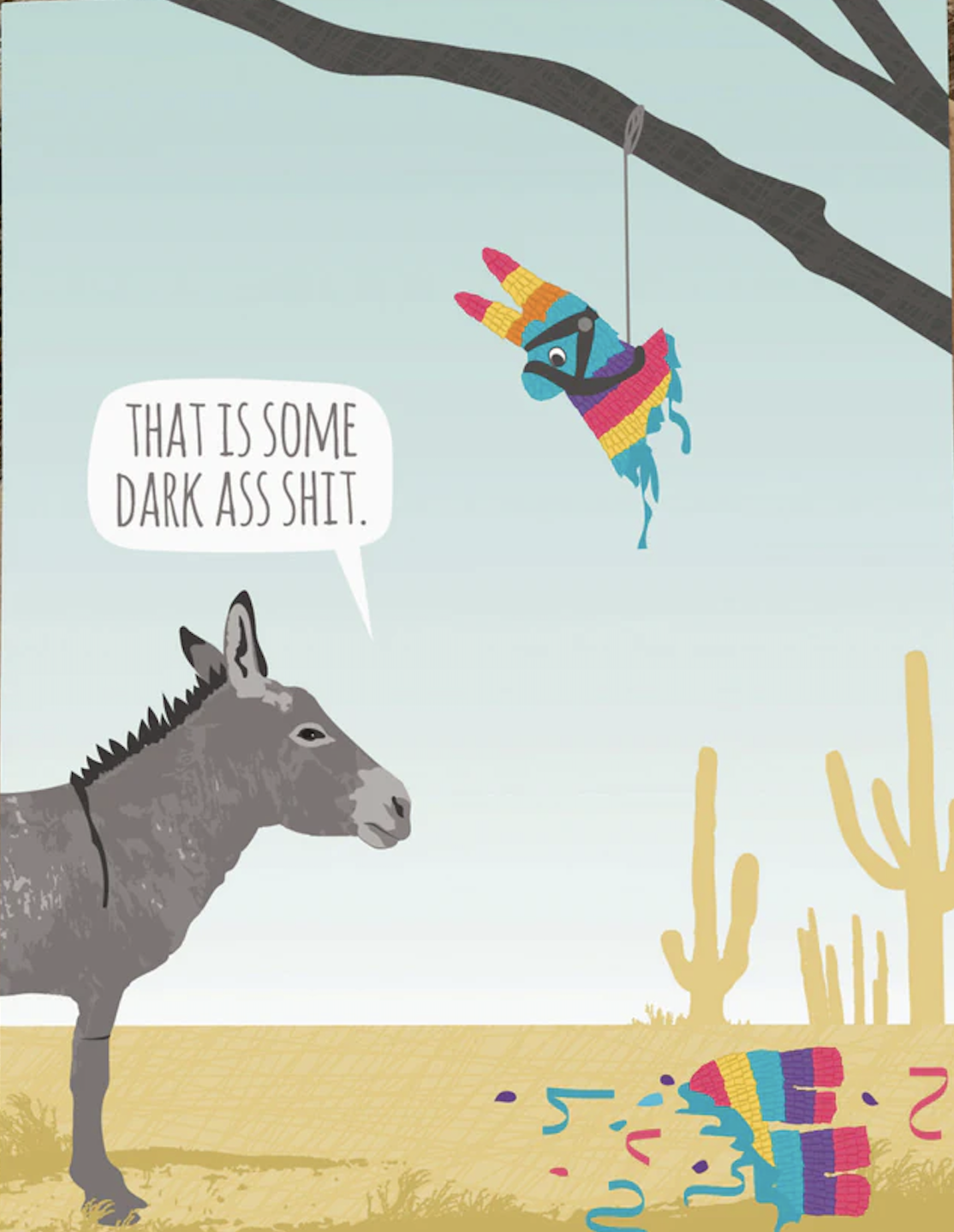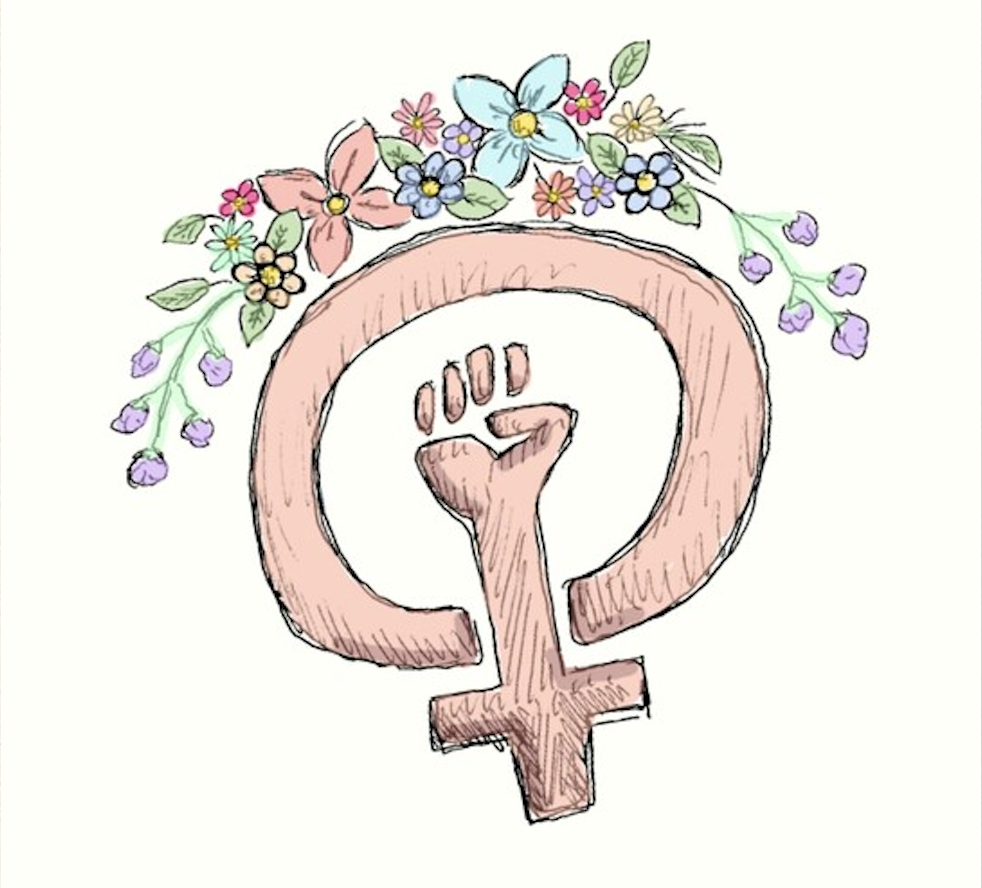Introduction
Language is certainly more than just a medium of communication–it holds the ability to actively influence the way a thought is perceived and processed. In our efforts to maintain social norms and a sense of collective uniformity, we inadvertently support and strengthen various structural norms, often without even realizing it. Rather than passively existing, words attempt to build reality constructively. The tricky bit is that language tends to do this in ways that are not always evident to us. Therefore, the words we speak become another integral facet of the larger system that upholds and perpetuates power relations, influencing gender roles and even the way we perceive animals more than we think. The subversive impact of language on gender performance and ecological perspectives manifests itself as another level of oppression within the existing societal structures. How much of it are we perpetuating unknowingly, we ask?

Being an ancient and fundamental factor in building societies, language articulates cultural and political value systems that validate hierarchies and power structures. From the perspective of linguistic determinism, language rules over thinking, and discourse analysis showcases evidence that social context heavily governs the way we speak (and see)
Terms and phrases such as “normal" and “elderly” have been used to define those in authority in religious texts, political speeches, and day to day conversations. Language evidently plays a crucial role in constructing whose voices are important and whose experiences are valid, which brings forth how we understand gender and even how we categorize various species.
Linguistic Reinforcement of Gender Hierarchies
The way gender is spoken about underscores how one perceives the world at large. On initial inspection, words like "man-made" and "mankind" seem harmless, but they play a part of a long linguistic history that’s been a supporting structure to a male-centered narrative. Many of these everyday words subtly and slyly put men in the center, while women stay at the borders as the exception.
“One is not born a woman, one becomes a woman”
Through the above quote from The Second Sex, philosopher Simone de Beauvoir posits a powerful argument that women are not just born, but instead culturally constructed. Judith Butler echoes and further expands on this argument in Gender Trouble, delineating how spoken words are intrinsic elements of gender performance and, in many cases, tools to reinforce biased norms.
Discriminatory conversations about gender helps maintain long-standing societal expectations. The growing emphasis on gender-neutral language, such as the use of inclusive pronouns like they/them, reflects an important shift in our ever advancing linguistic evolution. Non-binary people have historically been denied access to not only physical spaces and social security but also representation in language, where the use of "he" and "she" is the norm. This takes away from their existence, perpetuating erasure and invalidation of their gender identity. Moreover, the challenging and growing use of "they/them" as a singular pronoun recognizes and acknowledges identities that exist beyond the traditional linguistic gender binary.
Language Biases that Shape and Justify Medical Misogyny
How we view women's health and pain is foundational to shaping the attitudes of healthcare providers, and subsequently to creating inclusive and effective medical procedures. Women's physical pain and emotional responses have traditionally been pathologized with labels like "hysteria," in the attempt to deem them as unreasonable or overly sensitive—which not only takes away from creating targeted solutions, but also contributes to enforcing biased gender based discrimination. This furthers the assumption that women's pain is inherently linked to their reproductive organs and not to actual medical conditions—the term itself is derived from the Greek word hystera, referring to the uterus.

If not apparent and obvious, research proves that women's pain still gets dismissed more in comparison to men's. Rather than testing for underlying medical diseases, physicians more often attribute symptoms of female patients to stress or emotions. Medical jargon, like referring to pain with the words "subjective" or "psychosomatic," perpetuates treatment disparities. Beyond perception, the effect of such linguistic biases go on to influence health outcomes and access to care in the real world.
Language as a Tool for Animal Oppression/Liberation
Akin to its relationship with gender, language influences how we perceive and treat animals as well. Much of the words we use for wildlife evoke a human-oriented, hierarchical worldview. Commonly used terms such as "livestock" and "pest," strip animals of their personhood. The dominant language systems do not acknowledge, let alone value, them as sentient beings. Philosopher Richard Ryder coined the term "speciesism" to describe the manner in which humans are discriminatory towards animals simply on the basis of species. For instance, to say "it" when referring to an animal in place of general pronouns such as "he," "she" or “they” removes their identity and normalizes viewing those living creatures as objects instead of conscious beings with needs and feelings.

In response, contemporary theorists seek to portray nature in alternative ways, trying to identify and rectify the use of oppressing terms and nomenclature. Ecocriticism aims to create a more inclusive system, which is the need of the hour, considering the currently replenishing concern for nature. In mainstream culture and language, animals are turned into commodities through association with terms like "factory farming" and "meat production." Mindfully reframing how we refer to them makes it possible for this long-standing mentality to be inverted. The current environmental and animal abuse crisis compels us to act morally, and understand how even casually engaging with such categorizations contributes to partaking in and justifying larger biases.
The Lasting Impact of Language on Society
Beyond guiding human behavior and policy making, language also plays a major role in forming cultural attitudes. So many slang terms like item, chic, nag, are based on women and perpetuate a harmful stereotype that damages their self-esteem and worth. Masculine-coded job adverts for tech roles discourage women from applying, and many career opportunities are limited to only men. Moreover, research proves that sexist language used in everyday conversations can directly the way they view themselves, and even brief encounters with derogatory language is enough to leave long-term impacts.
Beyond describing, the words we use to discuss animals heavily influence how we actually treat them. Factory farming and animal testing are enabled by a language that refers to them as commodities. When suffering is portrayed in such an abstract and detached language, it becomes easier to engage with the inhumane treatment they are put through.
Similar to the collective ignorance of animal consciousness in language systems in order to justify their continued oppression, women too are constantly subjected to sexist words—so pervasive that they permeate and alter their self-respect. It is evident from such patterns how language systems are far from neutral and carry a significant effect on reality.
Shifting Perspective and Rewriting the Narrative
To challenge authoritarian regimes, diverse and inclusive language is imperative, Social change can be brought about by employing gender-inclusive terms, addressing women’s sufferings through honest and compassionate language, and remembering that animals too, like us, are sentient beings worthy of consideration and more.
Recognizing, understanding, raising awareness and advocating for change are foundational steps to changing linguistic norms. Small yet meaningful changes in language, such as challenging sexist language or altering the way we talk about animals, can have a profound impact on cultural attitudes.

Conclusion
Language is an intricate system of knowledge and performance that deeply impacts and shapes our practice of ethics, power, and identity. Now more than ever, the world calls for a social reform to examine the way words tap into the same social/grouping systems that exclude women and animals. Words are one of the biggest agents of liberation and equality, and we all can help make the world a fairer place if we all try—beginning with speaking more inclusively and encouraging others to do the same. It’s an inherent capability we all possess, and it’s time to learn how to use it right.